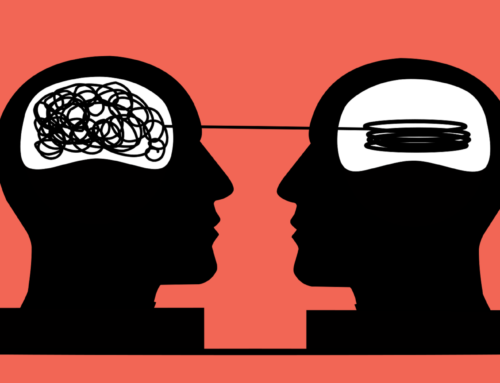
Getty Images
Researchers have long known that the bacteria living in your gut can “talk” to your brain. Gut microbes, which collectively make up what’s called the gut microbiome, can have a significant impact on mood and cognition ― leading experts to deem the microbiome a new frontier in neuroscience.
Now, the challenge for scientists is to learn how to manipulate gut-brain communication to treat psychiatric illnesses.
Most previous studies on gut bacteria and mental health have focused on probiotics. Live, “good” bacteria that can be ingested in foods like yogurt or in supplement form, which have been shown to have anti-anxiety and anti-depressant effects.
But in a recent paper published in the journal Trends in Neuroscience, Oxford psychiatrists urge the scientific community to look beyond probiotics to consider a wider class of “psychobiotics” ― a new scientific term referring to any intervention that has an effect on mental health by way of changes in the gut microbiome.
– Carolyn Gregoire
Read more: How ‘Psychobiotics’ Use Gut Bacteria To Treat Mental Illness







Leave A Comment